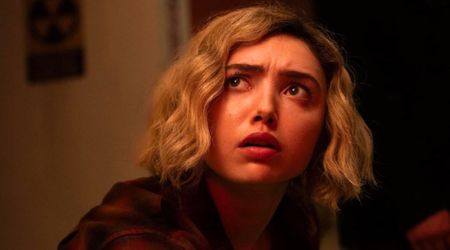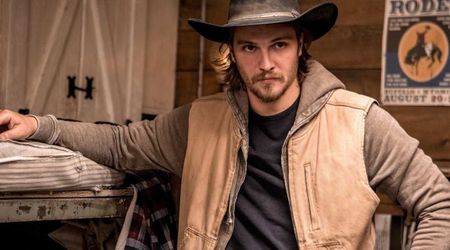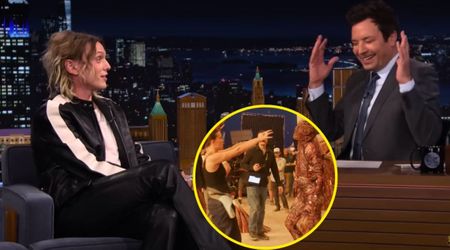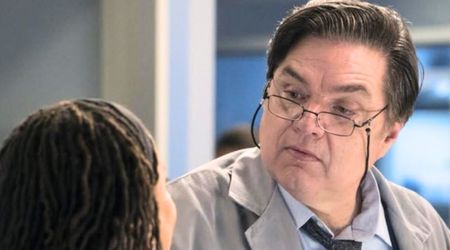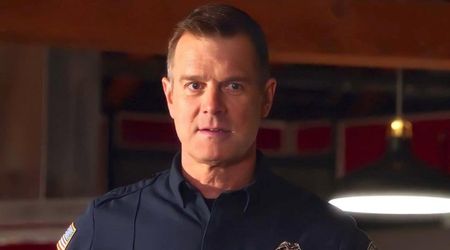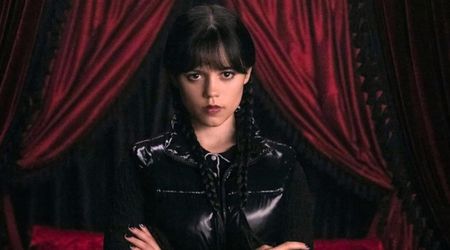'Little Fires Everywhere' Episode 7 discusses aversive racism in the '90s and teenage rebellion for a cause

Spoilers for 'Little Fires Everywhere' Episode 7 'Picture Perfect'
Racist or not, most white people get increasingly defensive the moment you tell them they can't say the n-word. It's almost as if they are being deprived of the rights they have basked in the privileged glory of since time immemorial. There's a subtle, but significant fine line distinguishing cultural appreciation from cultural appropriation and while they do not mind blurring the lines so unabashedly for their own personal wishes, the moment you call them out for their aversive racism, their narrative is always along the lines of "Oh I'm not racist, I have a black friend."
Given the state of socio-political awareness the world currently reels under, it's no surprise that back in the 90s, aversive racism was way more common that it still is to this day, and Hulu's 'Little Fires Everywhere' Episode 7 does exhibit a 'Picture Perfect' representation of ignorant, casual racism at the time, mixed with a dash of teenage rebellion for a cause.
Be it Elena Richardson's sickeningly sweet condescension towards Mia Warren or Bebe Chao, or Lexie's entire demeanor towards Pearl, racism comes out subtly and hilariously in the on-screen adaptation of Celeste Ng's book of the same name. Elena and her typically white friends fighting to keep Bebe's child, asserting the whole Bebe can't afford to raise the baby reason might seem logical given that she is a minimum wage waitress after all. However, the nonchalant way that Bill Richardson claims "People like Bebe Chao don't win" is not only offensive, but also holds a mirror to people like Richardson's casual racism. It seems down to the next generation where Lexie sees a problem with her ripping off Pearl's essay on being racial prejudices against a black girl of her age, neither did it make her reconsider or apologize for using Pearl's name to get an abortion just to avoid the consequences of word getting out.
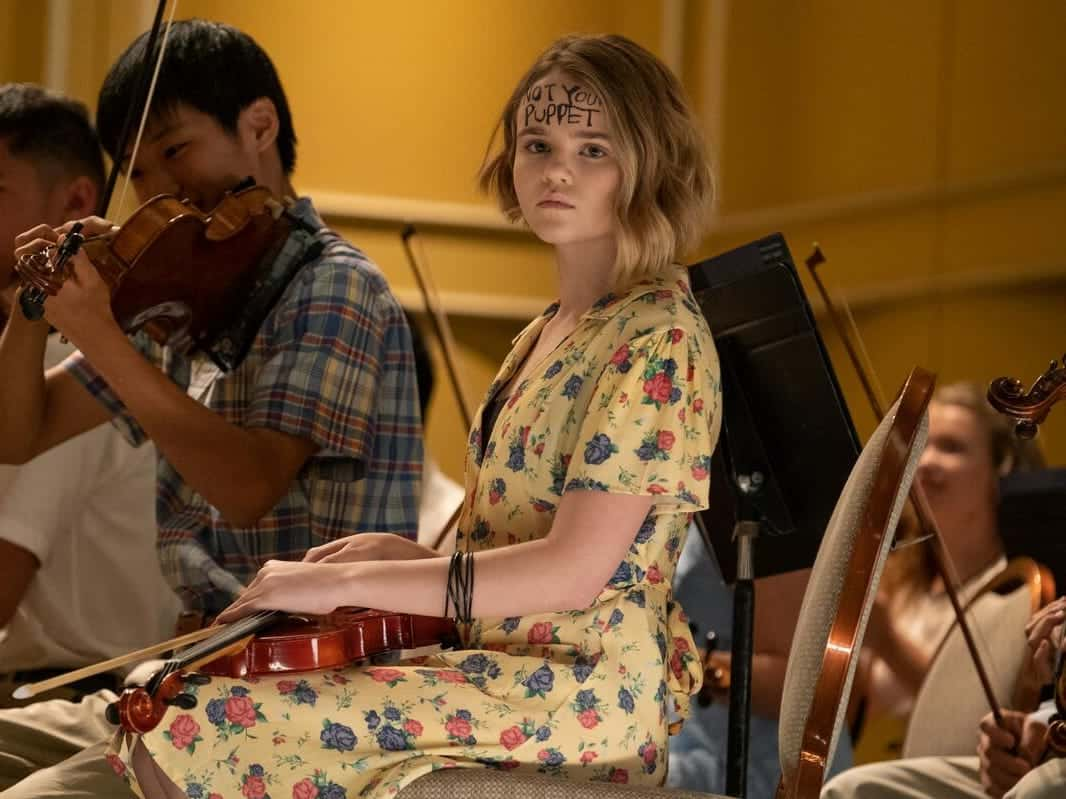
Even in the most recent episode, when Lexie's burger order gets mixed up by a black waitress at a drive-through, she says "That's what happens when 'they' don't go to college." This offends Brian who is in the car with her, thus sparking off a discourse about how white people can be unknowingly racist or perhaps it is years of privilege that tells them it's okay to address any race other than Caucasian with a tone of snide.
As Brian points out, he can't step into the Richardson house without Elena bragging about that one time her mother helped a black person every single time, and for some reason, Lexie's entire demeanor towards people of his race makes Brian feel like she chooses to not see him as black just to date him. As Brian is breaking up with her, Lexie's only defense to earn some pity votes would be that she got an abortion, but she can't tell him that either because even there she has unknowingly been racially offensive.
Luckily, that is something that's not lost on the youngest Richardson. Izzy, who just wants to make a point about how McCullough's fighting to keep Bebe's baby, is just another form of racial prejudice. Izzy gets some cabbage patch dolls and cuts out black celebrities' faces to paste them on the dolls' faces and sets up a whole counter at school, with 'babies for sale'. It's supposed to make a statement against the McCullough trying to pay Bebe off to dismiss her custodial lawsuit.
And Izzy doesn't realize she is appropriating blackface in doing so. But when Mia later explains to her about what was so offensive in her statement, she accepts criticism and shows maturity in her willingness to learn. This upholds a wonderful parallel between not just the two sisters, but also weakness back in the 90s and now, two decades into the new millennium. And while 'Little Fires Everywhere' might be a commentary on what it means to be a mother, it is subtle conversations on social issues like these that the show highlights, which has made it so popular among the masses.
'Little Fires Everywhere' drops new episodes every Wednesday only on Hulu.

